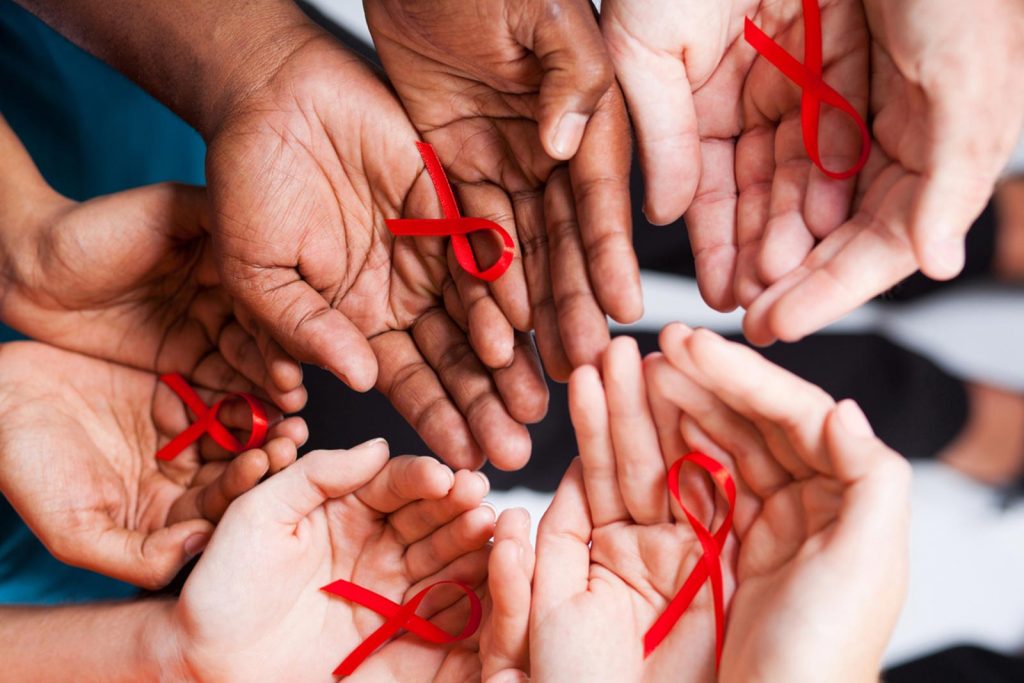The cost of treatment for HIV/AIDS, like many diseases, can be expensive, but this shouldn’t be a barriers to getting care. There are options to help cover the cost. Many insurance plans cover prescription drugs, though coverage for HIV varies by plan. Medicaid, health coverage available to eligible people and families who have limited income, covers all FDA-approved prescription antiretrovirals.
For those who do not have insurance or whose insurance does not cover HIV treatment and otherwise cannot afford treatment, the federal “AIDS Drug Assistance Program” (ADAP),”administrated by state health departments to help those with HIV access treatment, may be an option for you. Talk with your health care provider about this option, or check with the ADAP in your state to see if you are eligible. AIDS service organizations in your area can also assist with ADAP and other drug assistance options.
Individual pharmaceutical company Patient Assistance Programs offer another avenue for financial support. In an effort to streamline the process for patients, the U.S. Department of Health and Human Services has partnered with seven industry partners to establish a single application form for HIV patient assistance programs. The form acts as a “one-stop shop,” allowing patients to use one form to apply for multiple patient assistance programs that together provide an entire course of antiretroviral therapy. The application can be found here.





